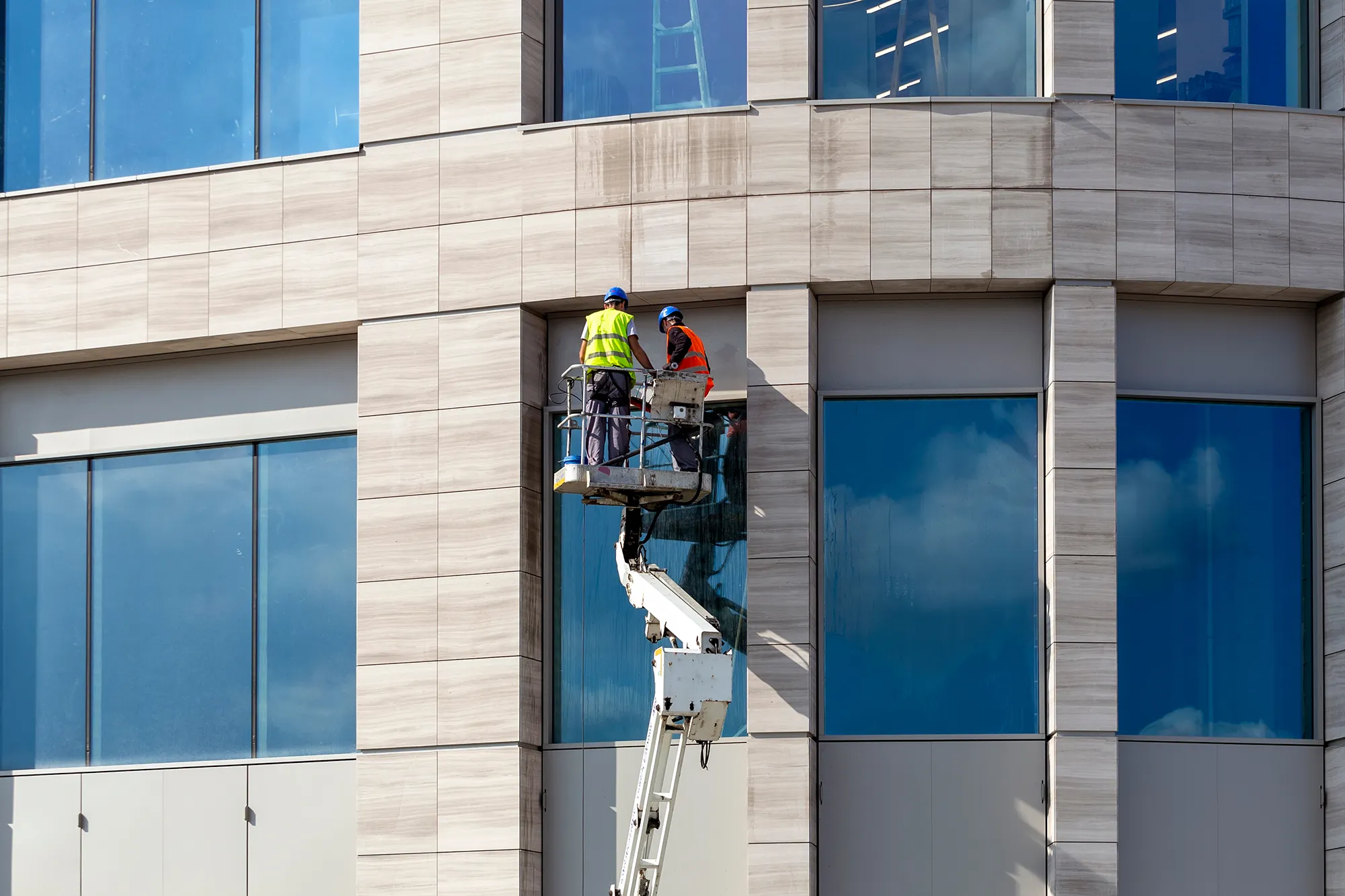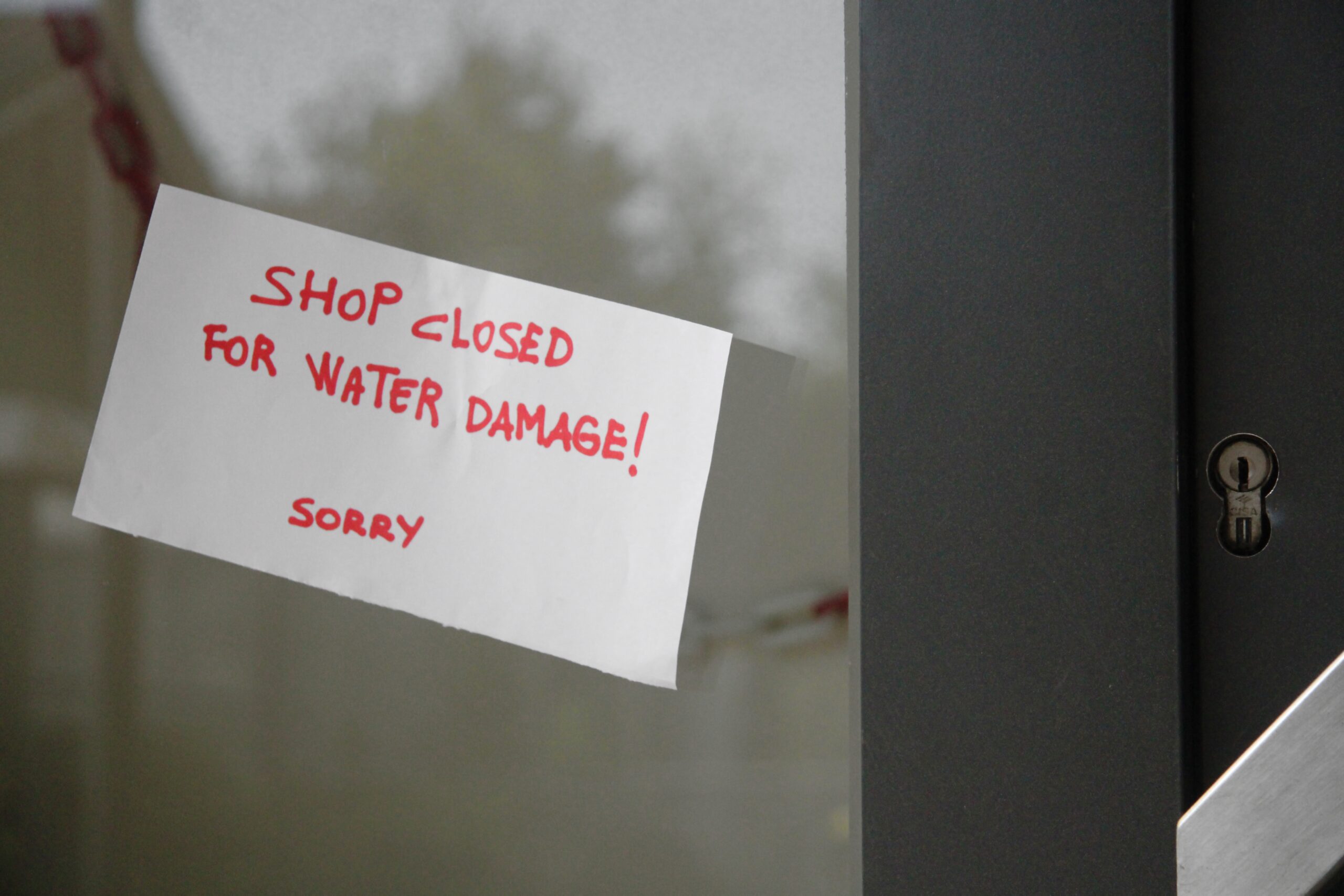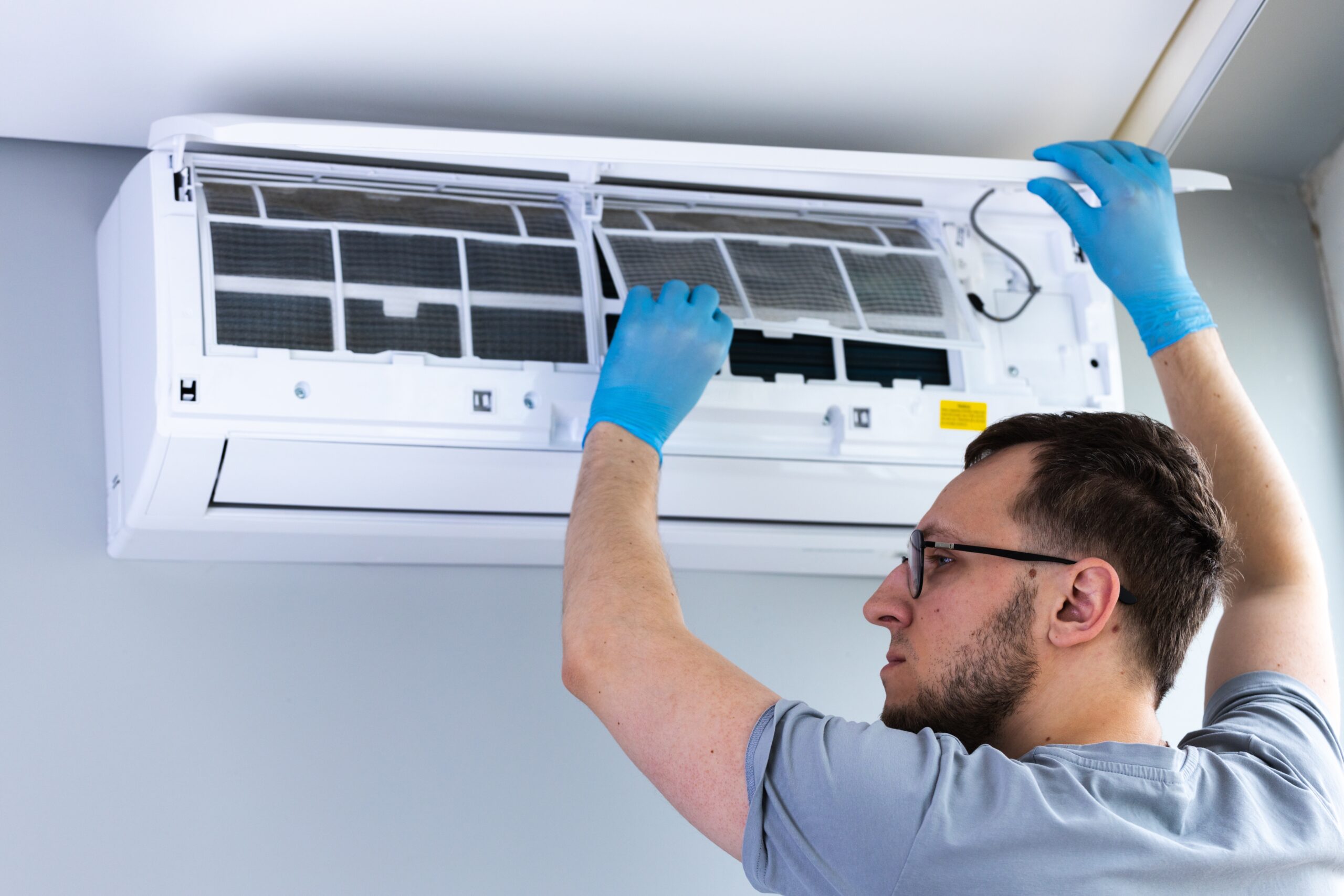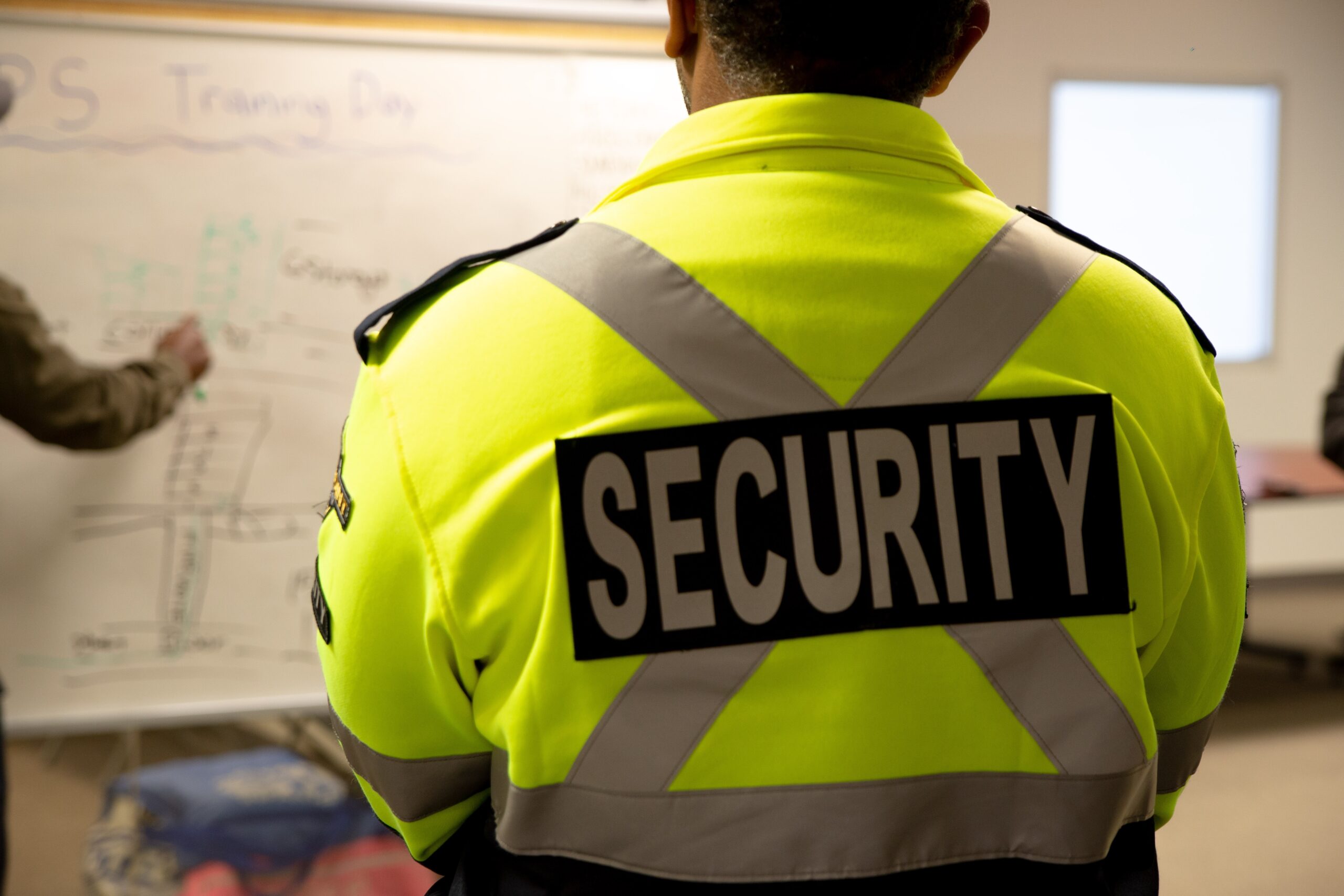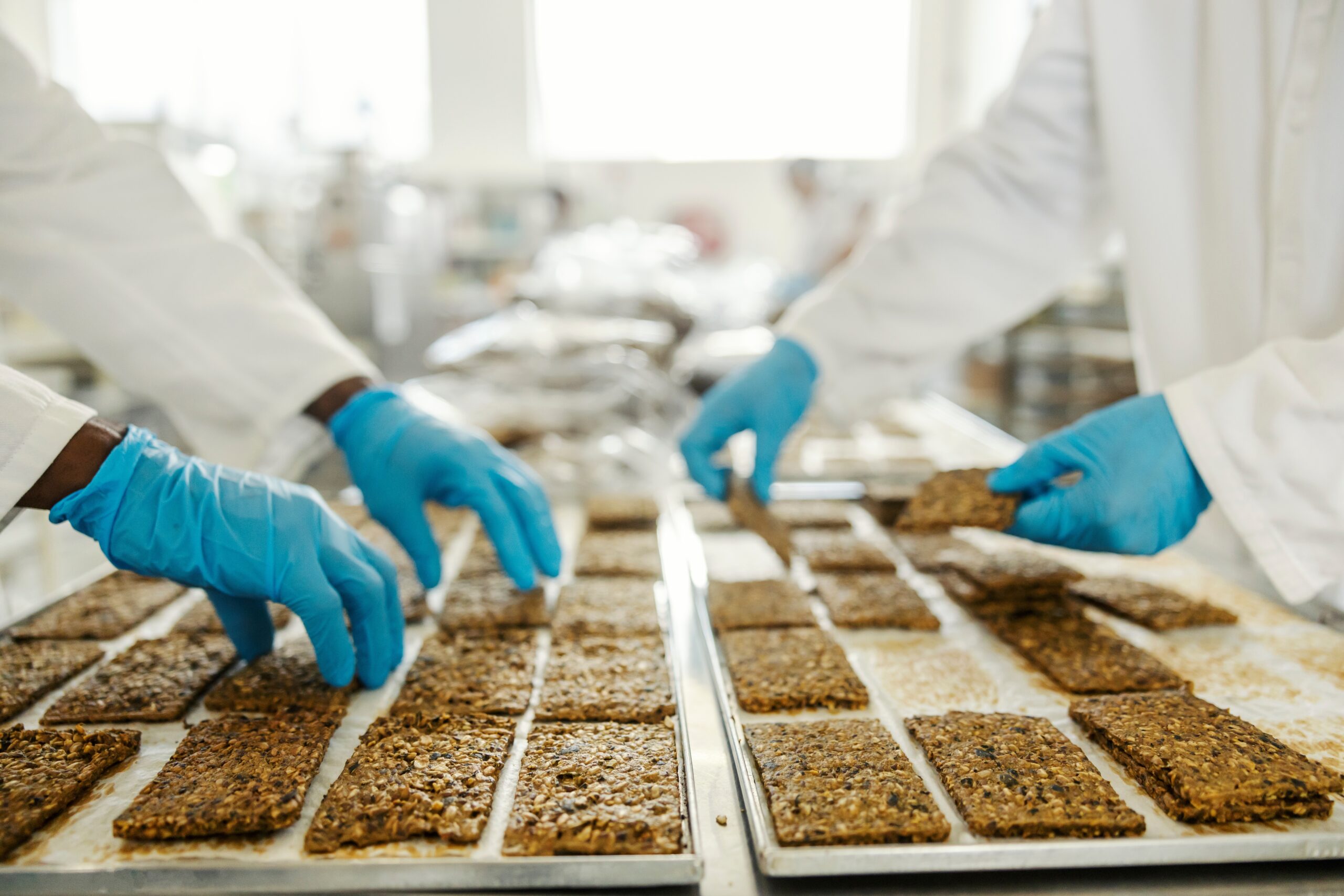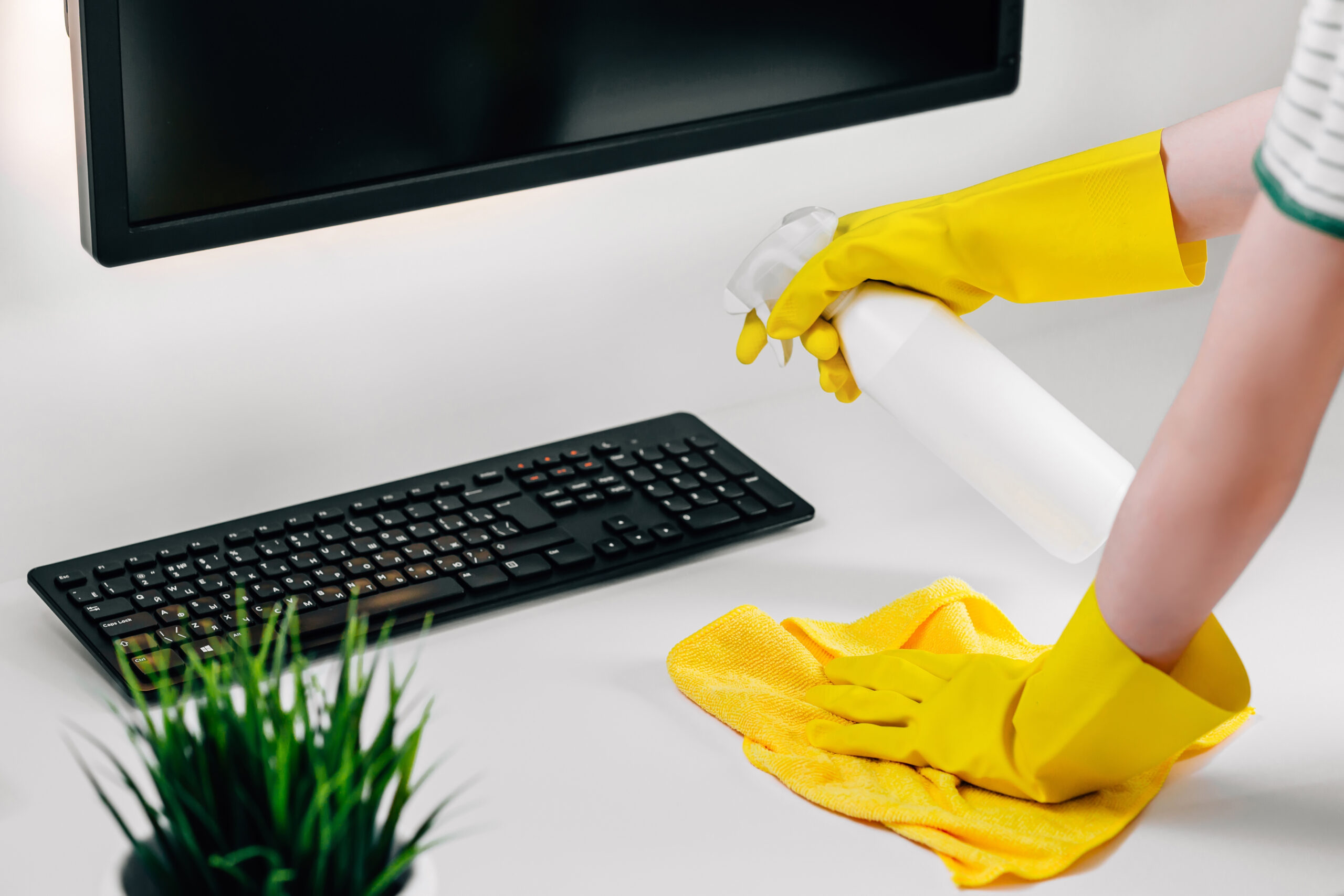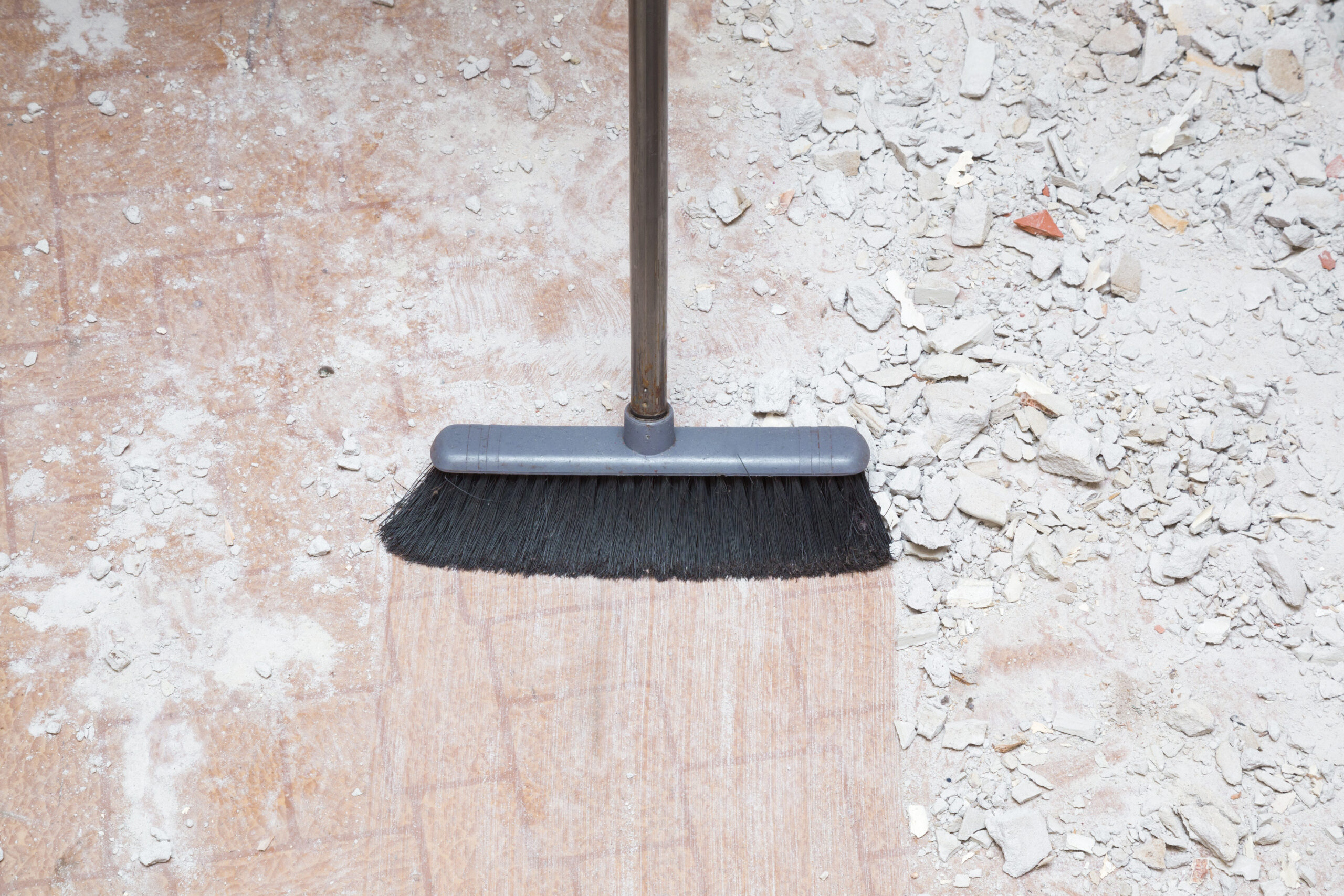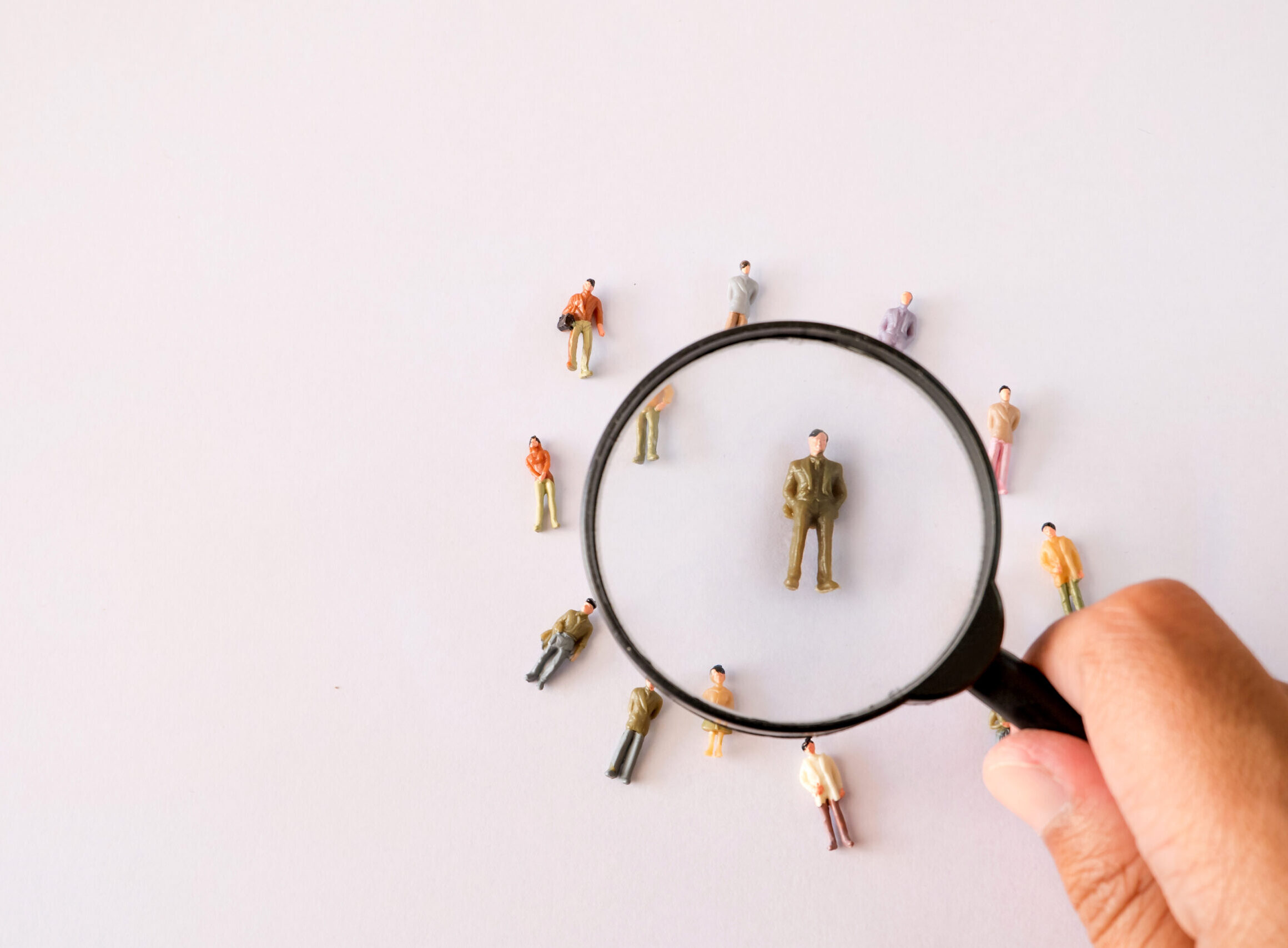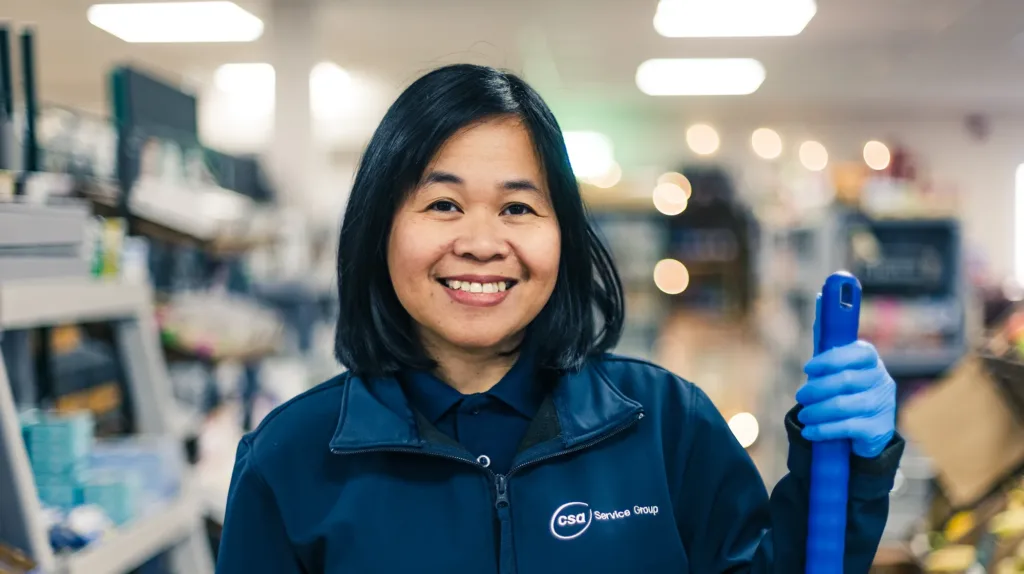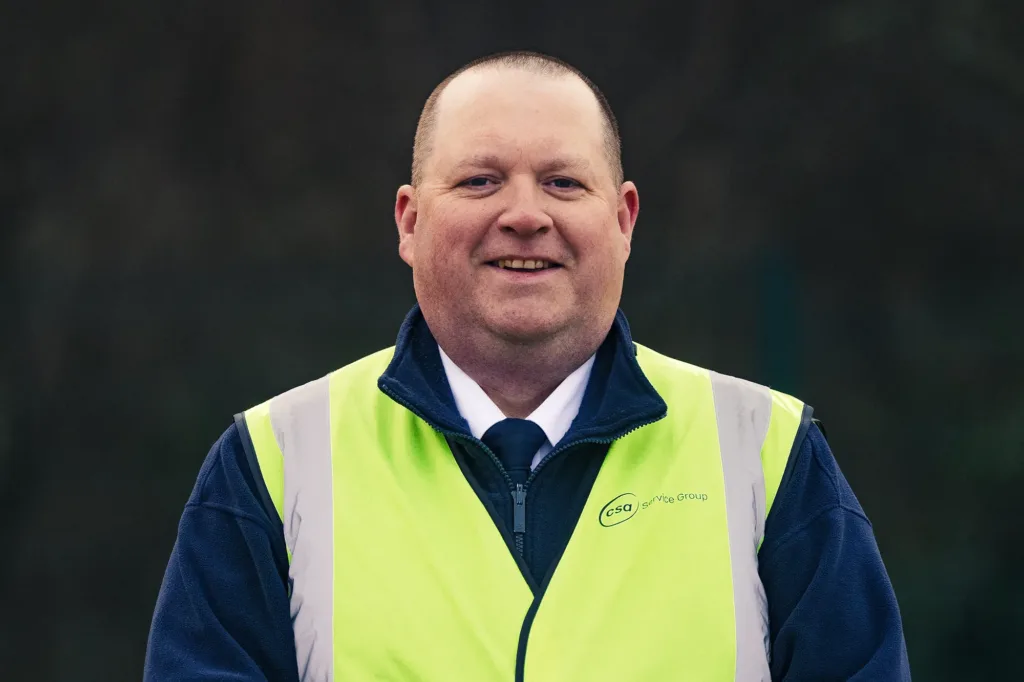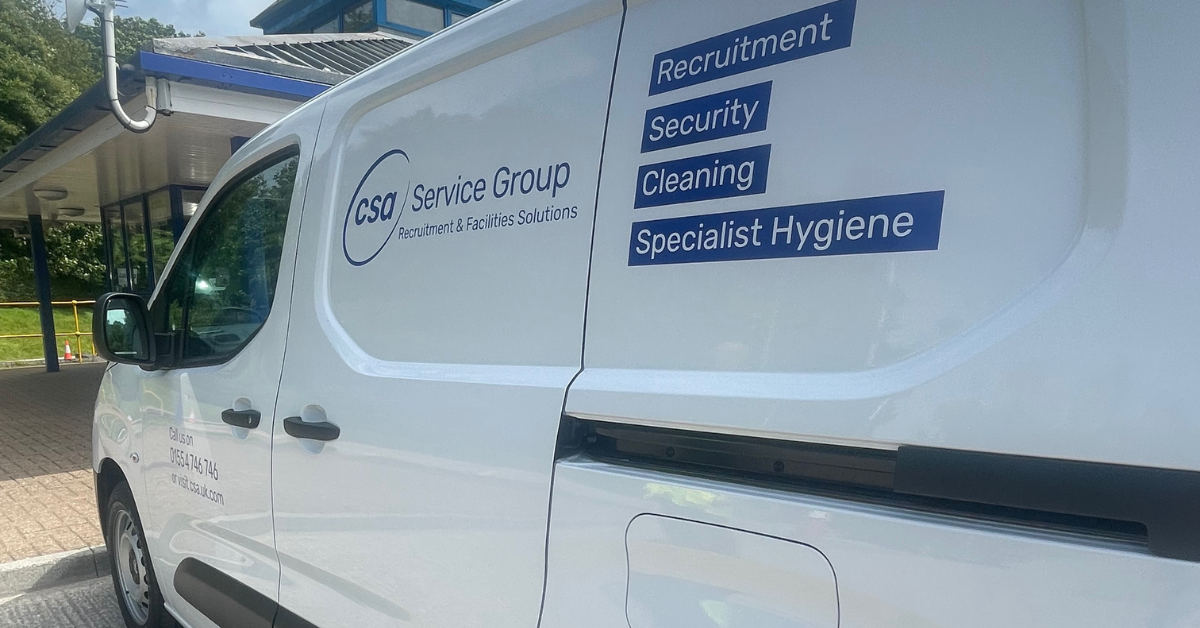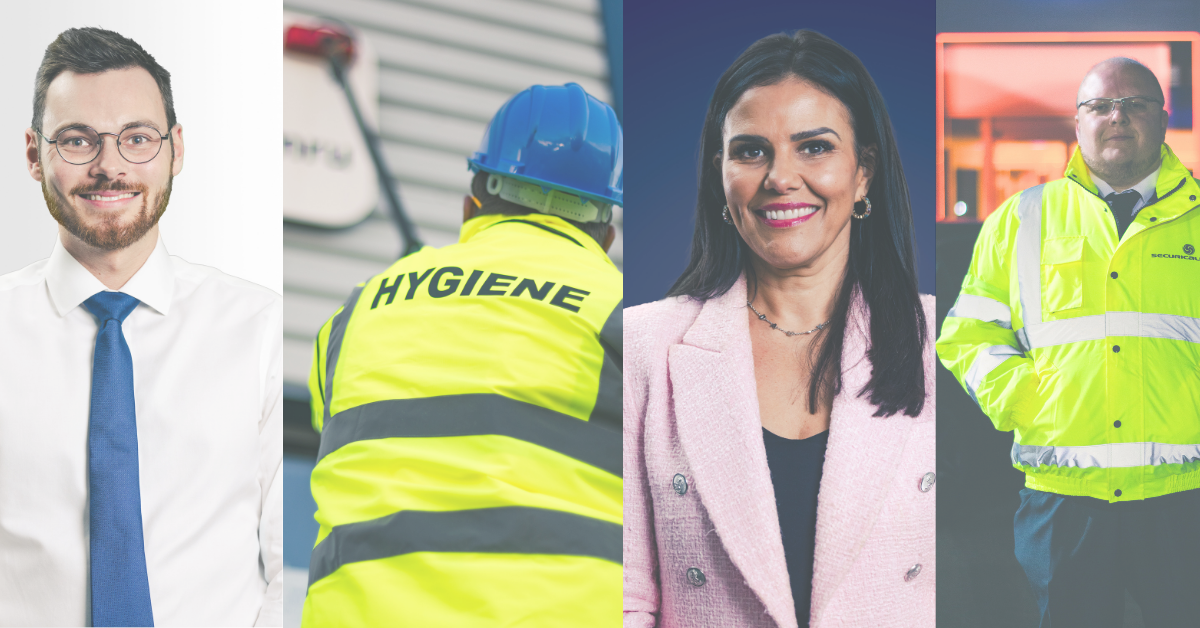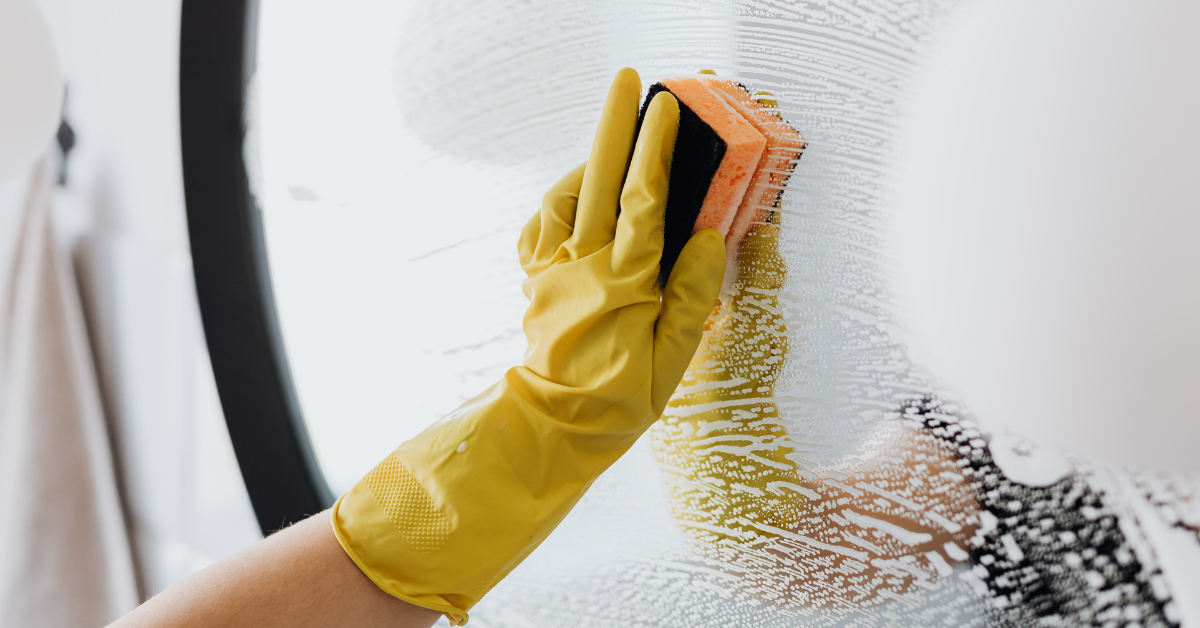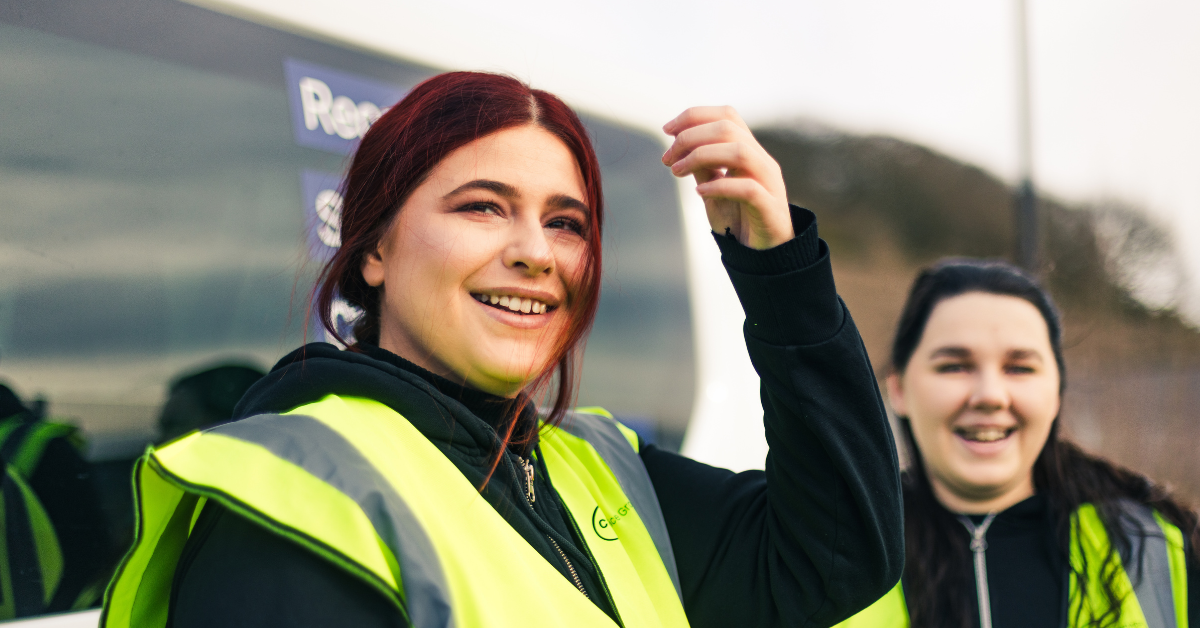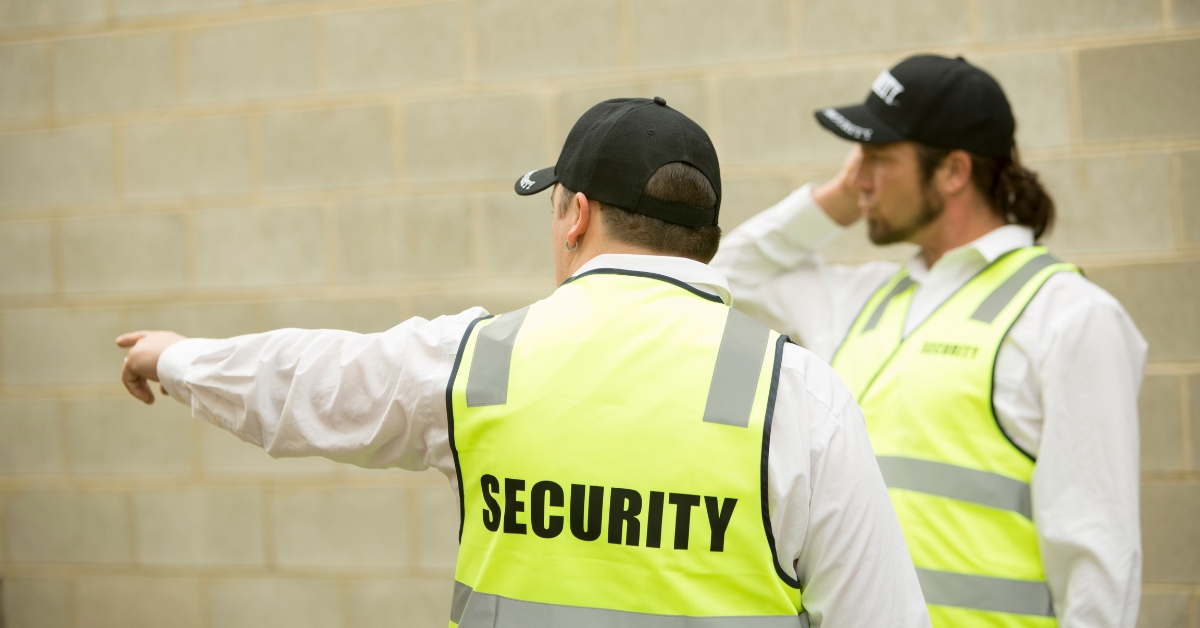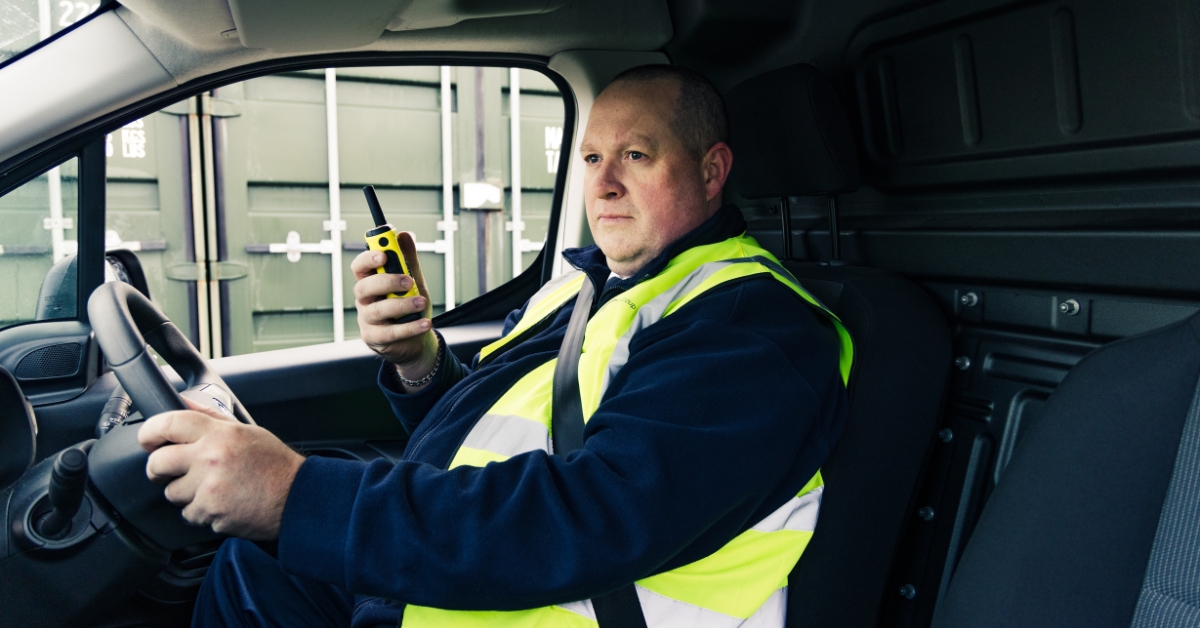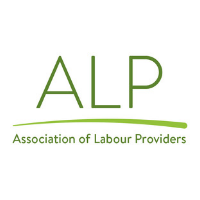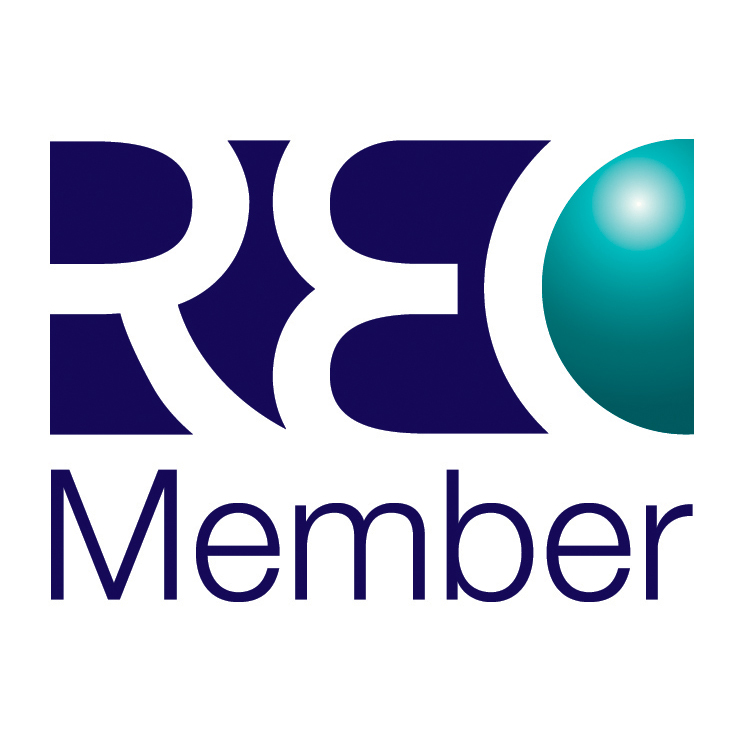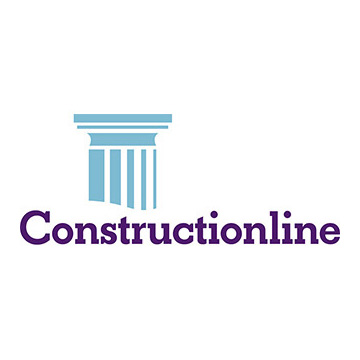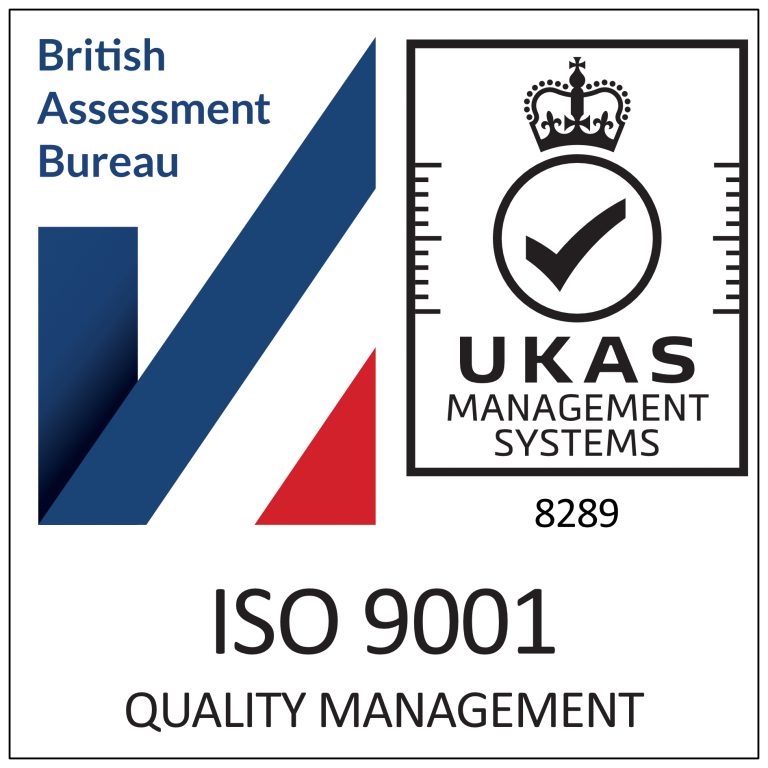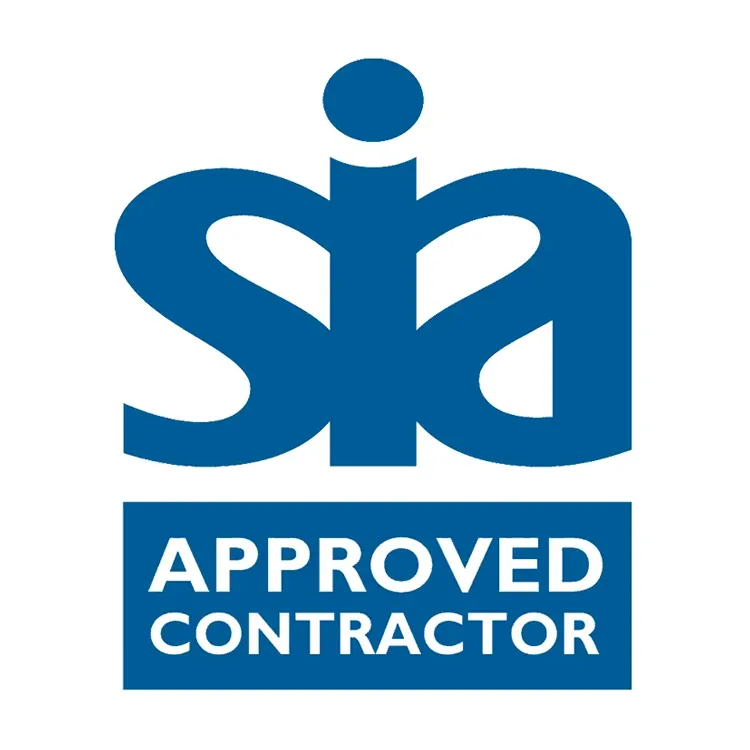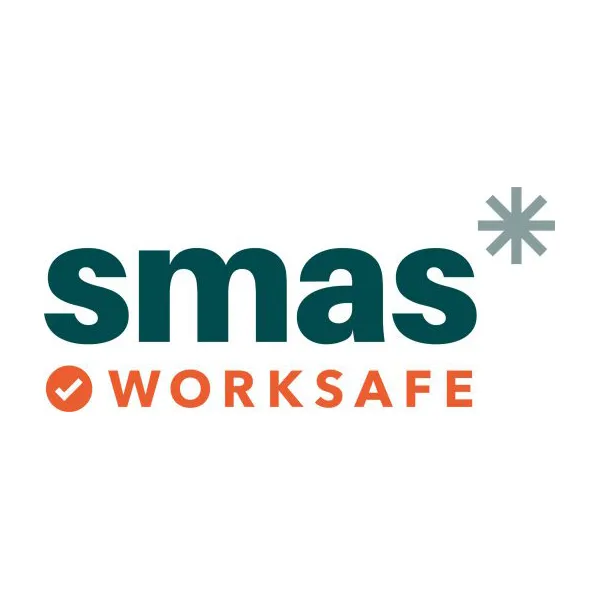Share This Article
High level cleaning is a specialist discipline and in a challenging environment requires the skills and experience of expert personnel, not least because you still require the same levels and standards of cleanliness, regardless of the difficult circumstances. But first and foremost, high level cleaning needs to be done safely.
The importance of high level cleaning
Areas commonly included in high level cleaning in a commercial business are:
- Externally – Roofs, gutters, fascias and cladding, windows and brickwork
- Internally – Lights, walls, windows, beams, pipework, electrical conduit
Many of these areas are not normally accessible, and hence dirt levels are unseen. There can be a large build-up of dust, grease and grime which can start to affect air quality and lighting quality, as well as becoming a health and safety hazard. A large build-up of dust can very quickly become a fire hazard. Because these areas are less accessible, they are naturally cleaned less often than other areas, so this becomes a specialist skill, but also a task that has to be done right, because it probably won’t be done again for another six months to a year, depending on the nature of the operations.
Ensuring the safety of high level cleaning
These are the considerations you need to make to ensure that high level cleaning is undertaken safely, while still providing the quality of service expected to maintain good standards of hygiene and cleanliness.
Compliance
Make sure you are using specialist high level cleaning professionals who hold the required accreditations. These should include being IPAF trained or PASMA trained, depending on the type of work being completed. This ensures that your cleaning professionals have the skills, qualifications and training knowledge to be aware of the hazards, and to know how to use specific types of equipment.
Risk assessment
Before any work is undertaken you should carry out a thorough risk assessment of the task in hand. This will analyse the environment, who will be undertaking the task, what equipment they will need and what hazards already exist, including the safe use and knowledge of cleaning materials. The outcome should be that all hazards have been identified and a list of recommendations have been drawn up for any further controls that are required.
Equipment
It is essential to identify what equipment is needed for high level cleaning, and this is a two-fold requirement, i.e. what equipment is needed for safe access? And what is needed for safe and adequate cleaning? In terms of access this will include scissor-lift platforms, cherry pickers, mobile scaffolding, ropes, ladders and safety harnesses, and cleaning-wise this will include jet washers, hoses, steam cleaners and long-reach poles. Is this equipment suitable? Available? And do you have people qualified to use it?
Access arrangements
You need to arrange the best time to carry out high level cleaning. Many businesses carry this out at non-standard times such as a summer shutdown, over a long weekend or during the night, particularly in production or manufacturing environments where there is constant movement of people, machinery, product and equipment. This is less of an issue for external areas, but often high level cleaning requires access that isn’t possible during normal operating hours, so make arrangements well in advance. And if high level cleaning is done during normal operating hours, make sure everyone is informed and that access is safe.
Communication
High level cleaning is often carried out by teams working in pairs, this ensures that safe rescue plans can be implemented in the event of an emergency. You will need to ensure there is a clear communication plan, so that the person carrying out the cleaning has someone they can communicate with. This ensures there is a process for when movement is needed, when additional equipment or materials are needed, when the job is finished or when there is a problem.
Specialist high level cleaning support
If you need high level cleaning in your commercial business then you may wish to outsource this to a specialist contractor who will complete the works required. If this is the case you can contact the specialist cleaning professionals at CSA Cleaning Services and we can provide qualified, trained and accredited cleaning staff who can carry out a risk assessment and then safely undertake the process, including disposal of all materials.
To schedule a free site survey and quotation, don’t hesitate to contact our team today.
Further Reading
